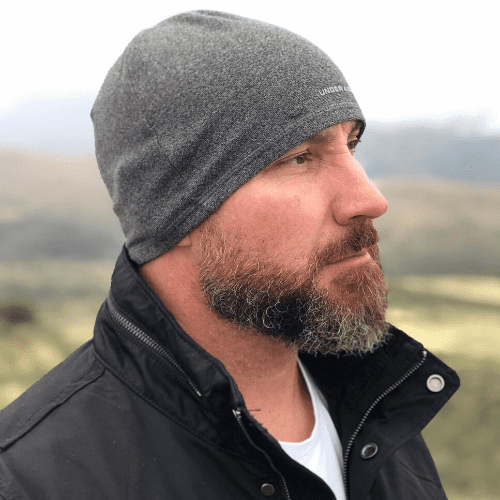Searching for help with drug and/or alcohol addiction? Call us now at (800) 643-2108.
How Can I Tell if My Partner’s Substance Use is Affecting Me?
As a person in recovery, the most obvious sign that your partner’s substance use is having an unwanted effect on you is if you begin to notice changes in your attitude regarding substance use because of them. Even an intense period of addiction and treatment can fade in one’s mind when faced with steady exposure to casual substance use. If your partner drinks or uses illicit substances around you regularly, you may find yourself feeling less concerned about how these behaviors affect a person and may even begin to consider loosening your commitment to sobriety and self-improvement.
Another way your relationship may be affected by differing views and habits towards substance use is if you find yourself experiencing feelings of anger, resentment, disappointment, frustration, or isolation due to your partner’s behavior. Your time in treatment and your history may cause you to react negatively when someone close to you engages in potentially destructive behavior. You may even feel disregarded or disrespected if you don’t think your partner is acting around you in a way that befits your history. It should go without saying that each person is free to do as they please, so it’s never your right to demand that someone else modify their behavior for you. If you find yourself experiencing some of these feelings, the best thing you can do is be open and honest with them, begin a constructive dialogue, and see if you can get to a point that works for both of you.
Put Substance Use Out in the Open
While it may seem obvious to you that your history of addiction and recovery should play a role in how your partner acts around you, they can’t read your mind and they only know what you’ve told them. Remember that your experiences in treatment and therapy are confidential and few people will fully grasp the extent of your struggles with substance abuse. The onus is on you to start the conversation, explain your values and commitments, and express any discomfort with your partner’s actions or perspectives towards substances. Most people in relationships want to help one another; if you give them a chance to understand, you may be surprised by how willing they are to work with you.
The last thing you should do is ignore your feelings towards your partner’s behavior because they may not realize how they’re affecting you. By putting it out in the open, you give the both of you a chance to come to an understanding. Alternatively, you can save yourself a lot of hassle and frustration if you explain your needs to your partner and they aren’t willing to respect them. While your sobriety doesn’t have to mean that your partner has to be sober, if their behavior is negatively affecting your progress, they should express a desire to try to find a compromise. If they don’t, they might not be someone you want to be with much longer.
Ask for Honest Input
As with any other major life decision, you don’t have to go through this process alone. Your close friends and trusted family members may have known your partner and your relationship for some time and they may be able to offer helpful insight into your circumstances. Just keep in mind that your friends and family may have opinions you might not always agree with, so approach people who you know want the best for you at all times.
The way relationships are affected by addiction and recovery are familiar subjects to many professionals at treatment centers and in recovery programs, ranging from 12-Step groups to medical facilities. You can bring an unbiased, honest account of your situation to someone who’s in a position to advise you with no agenda other than keeping your best interests at heart.
Coming back to your life after going through addiction and detox can require some adjustments. Even if your partner wants to help you, they won’t know how to until you let them into your inner progress.
At Cornerstone Healing Center, we know that recovery is a highly personal process that can cause you to reexamine every other aspect of your life.
We offer one-on-one treatment designed to fit your unique needs and circumstances, with special paths for family and couples therapy. The most helpful decision you can make for yourself in the long term is to protect and invest in your sobriety by making it a priority as you establish the rest of your life.
Though both parties don’t necessarily need to be sober for a relationship to work, your recovery should be a major factor in how you work together to build a foundation of mutual benefit and trust. You shouldn’t have to compromise when it comes to your wellbeing. Call (800) 643-2108 to learn more.







